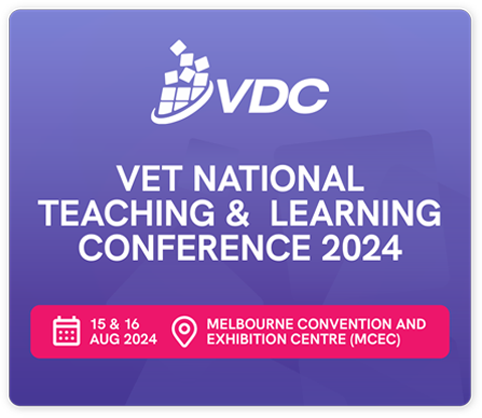ASQA has just released a consultation paper on developing and implementing a self-assurance process for VET providers.
What is self-assurance?
As ASQA’s consultation paper points out:
“self-assurance refers to the way providers manage their operations to ensure a focus on quality, continuous improvement, and ongoing compliance. [It] requires providers have systems in place to critically examine their performance (compliance with the Standards) and outcomes (student outcomes), on an ongoing basis, to identify ways to continuously improve.”
They can also help providers manage risk. However, this is not about self-regulation, the paper says.
Why move this way?
Basically, it’s about improving business practices and promoting critical reflection and continuous improvement in VET’s providers, leading to better training outcomes for students, ASQA says. The paper sees attaining quality as a shared responsibility between the regulator and the provider. But what, exactly, is quality? This concept, what it means and how it can be measured continues to be elusive. In addition, and as a recent TDA newsletter points out: there is a lack of focus on institutional capability in VET, certainly in comparison with universities. This is manifested when quality assurance is delegated to the institution, as it is for universities, so compliance continues to be the mantra for VET. But maybe this move to self-assurance is an important first step.
The upside, though, is ASQA wants to work with the sector, and especially its providers, to build an effective process.
So, what’s the process?
Here’s how ASQA sees this working. They will take a “staged approach” to increase their focus on effective provider self-assurance.
“Initially, ASQA will work with providers and key stakeholders to develop a shared understanding and build capability in self-assurance by:
- gathering and sharing existing examples of continuous improvement and self-assurance practices that support ongoing compliance with the Standards and ensure quality outcomes for students
- seeking feedback from the sector on how the current annual declaration on compliance could be improved to better promote and support a culture and practice of effective self-assurance, [and]
- using the information [gathered] to implement a revised declaration on compliance and to publish supporting guidance material in 2021.”
There are a series of medium- and longer-term goals highlighted in the consultation paper. In the longer term, ASQA sees providers having “strong systems of self-assurance” focusing on “performance, outcomes, and continuously improving their own practice”. If this is seen to be effectively achieved by particular providers, ASQA’s risk-based approach would allow reduced regulatory oversight of them. And, that’s their payoff!
The consultation process on self-assurance finishes at the end of August
ASQA advises that you can submit a response to this consultation paper by filling out their online submission form at: www.asqa.gov.au/form/have-your-say-self-assurance. The consultation period runs until Monday 31 August 2020, so not much time!
ASQA has also released its regulatory strategy for 2020 to 2022. It has two focus areas: online learning and VET in schools. There are also ongoing concerns about the inconsistent quality of training and assessment in the VET sector. Finally, there are a few qualifications in their sights for closer scrutiny. These include: TAE40116, the Certificate IV in Training and Assessment; CHC33015, the Certificate III in Individual Support; SIT30816 and SIT40516, the Certificates III and IV in Commercial Cookery and CPCCWHS1001, Prepare to work safely in the construction industry.








